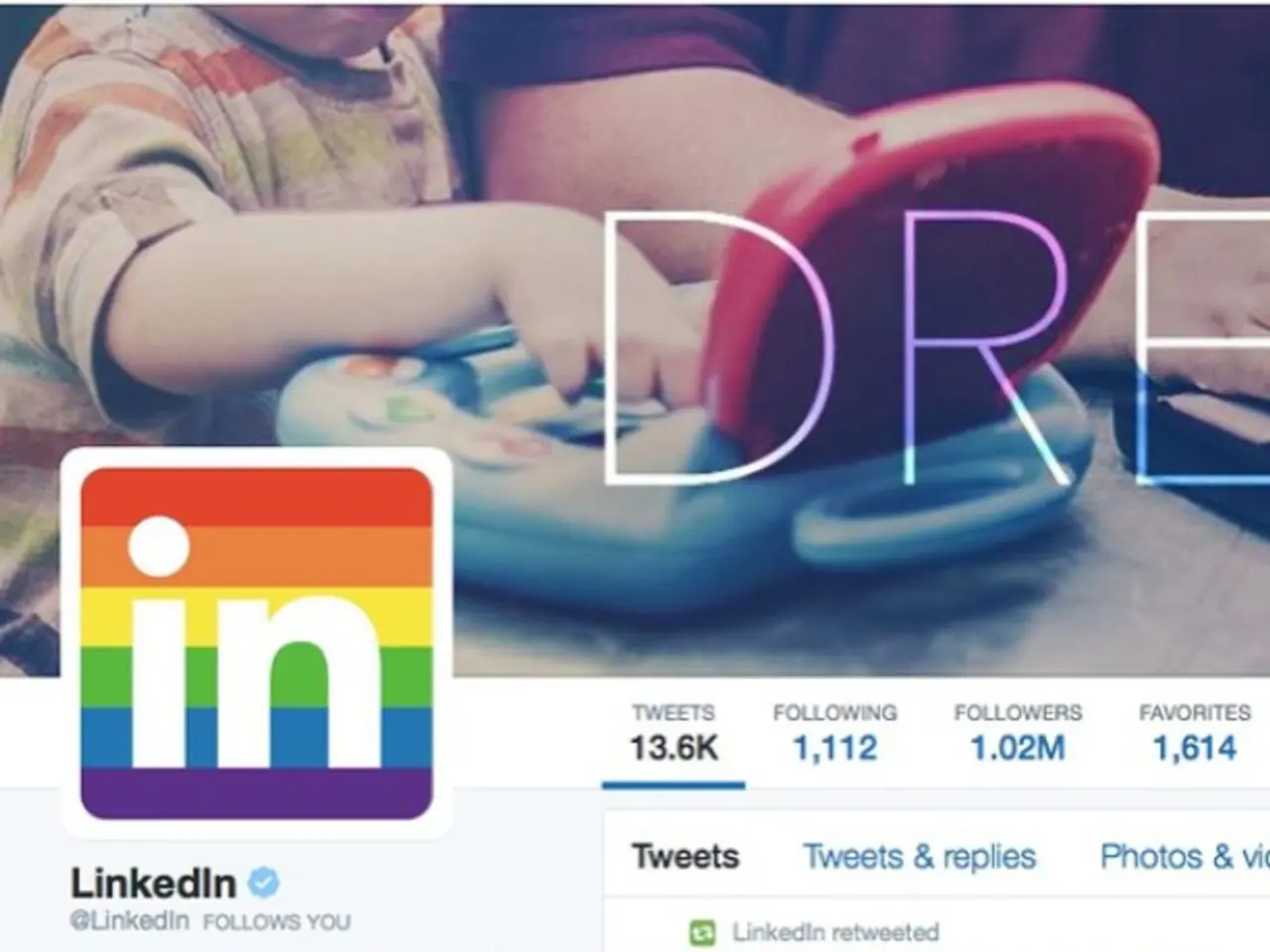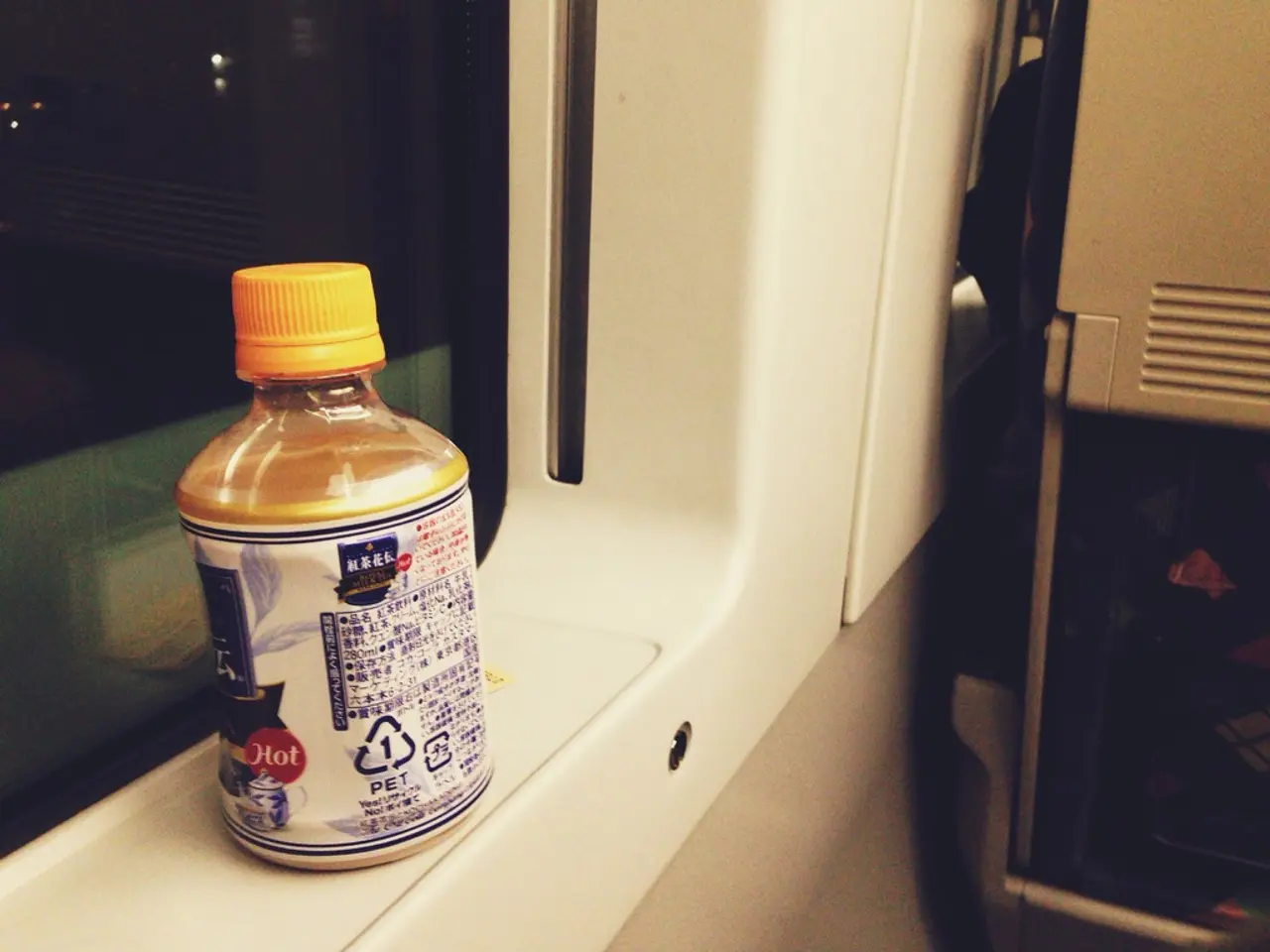Resistant Schizophrenia Therapies: Understanding Causes, Signs, and Further Information
Treatment-resistant schizophrenia (TRS) is a complex and challenging form of the mental health disorder, affecting approximately 34% of people with schizophrenia. This condition, which does not respond well to first-line medications, is multifactorial, involving both biological and environmental components.
Neurobiological and Genetic Vulnerabilities
TRS is believed to arise from more pronounced alterations in brain structure and neurochemistry. This includes dopaminergic and glutamatergic dysfunctions and a higher genetic predisposition. Some evidence suggests that TRS may relate to a more aggressive or distinct pathophysiological process than treatment-responsive schizophrenia.
Neurodevelopmental Factors
Patients with TRS often show more significant premorbid developmental impairments, such as worsening academic performance and school attendance decline during adolescence, indicating a delayed or abnormal neurodevelopmental trajectory.
Environmental Stressors
Drug use, especially cannabis, social stressors like unemployment and social isolation, and other external events can trigger or exacerbate symptoms in schizophrenia, potentially contributing to resistance to treatment.
Pharmacologic Factors
Inadequate or insufficient trials with multiple antipsychotics or poor adherence can contribute to perceived treatment resistance. To be diagnosed with TRS, a person must have undergone 12 weeks of schizophrenia treatment without improvement, while taking the medication at the right dosage and as a doctor recommends.
Co-morbid Medical Issues
For patients on clozapine, the main licensed drug for TRS, antibody deficiencies and consequent infections may complicate treatment outcomes.
Diagnosis and Treatment
To diagnose TRS, a person must not show improvement after 12 weeks of schizophrenia treatment. Treatment may involve different medications, psychotherapy, and the support of a social worker. Clozapine is the first-line treatment for TRS. Higher doses of schizophrenia medications, combining multiple schizophrenia medications, and brain stimulation therapies such as electroconvulsive therapy and transcranial magnetic stimulation are other treatment options.
Symptoms
Symptoms of schizophrenia can be divided into positive and negative symptoms. Positive symptoms involve unusual thoughts or behaviors, such as delusions, hallucinations, thought disorders, and disorganized thinking or behavior. Negative symptoms refer to the absence of typical behavior and include symptoms such as low motivation, depression and difficulty feeling pleasure, and speech issues.
Conclusion
While understanding the causes of TRS is still a work in progress, researchers are continually exploring potential explanations, such as neuroinflammation, schizophrenia subtype, and dopamine sensitivity. Despite the challenges, with the right treatment provider and drug dosage, a person with TRS may experience significant relief. Improvements can take time and experimentation, but with patience and persistence, treatment-resistant schizophrenia can still improve.
- The neurobiological and genetic vulnerabilities associated with treatment-resistant schizophrenia (TRS) are thought to originate from more prominent alterations in brain structure and neurochemistry, including dopaminergic and glutamatergic dysfunctions, and a higher genetic predisposition.
- Environmental stressors like drug use, social stressors, and external events can trigger or intensify symptoms in schizophrenia, potentially contributing to the resistance to treatment.
- To diagnose TRS, a person must not show improvement after 12 weeks of schizophrenia treatment while taking the medication at the prescribed dosage and as recommended by a doctor.
- Treatment for TRS may involve different medications, psychotherapy, and the support of a social worker, with clozapine being the first-line treatment. Other treatment options include higher doses of schizophrenia medications, combining multiple schizophrenia medications, and brain stimulation therapies.
- Symptoms of schizophrenia can be categorized into positive symptoms, such as delusions, hallucinations, and disorganized thinking or behavior, and negative symptoms, such as low motivation, depression, and difficulty feeling pleasure.




